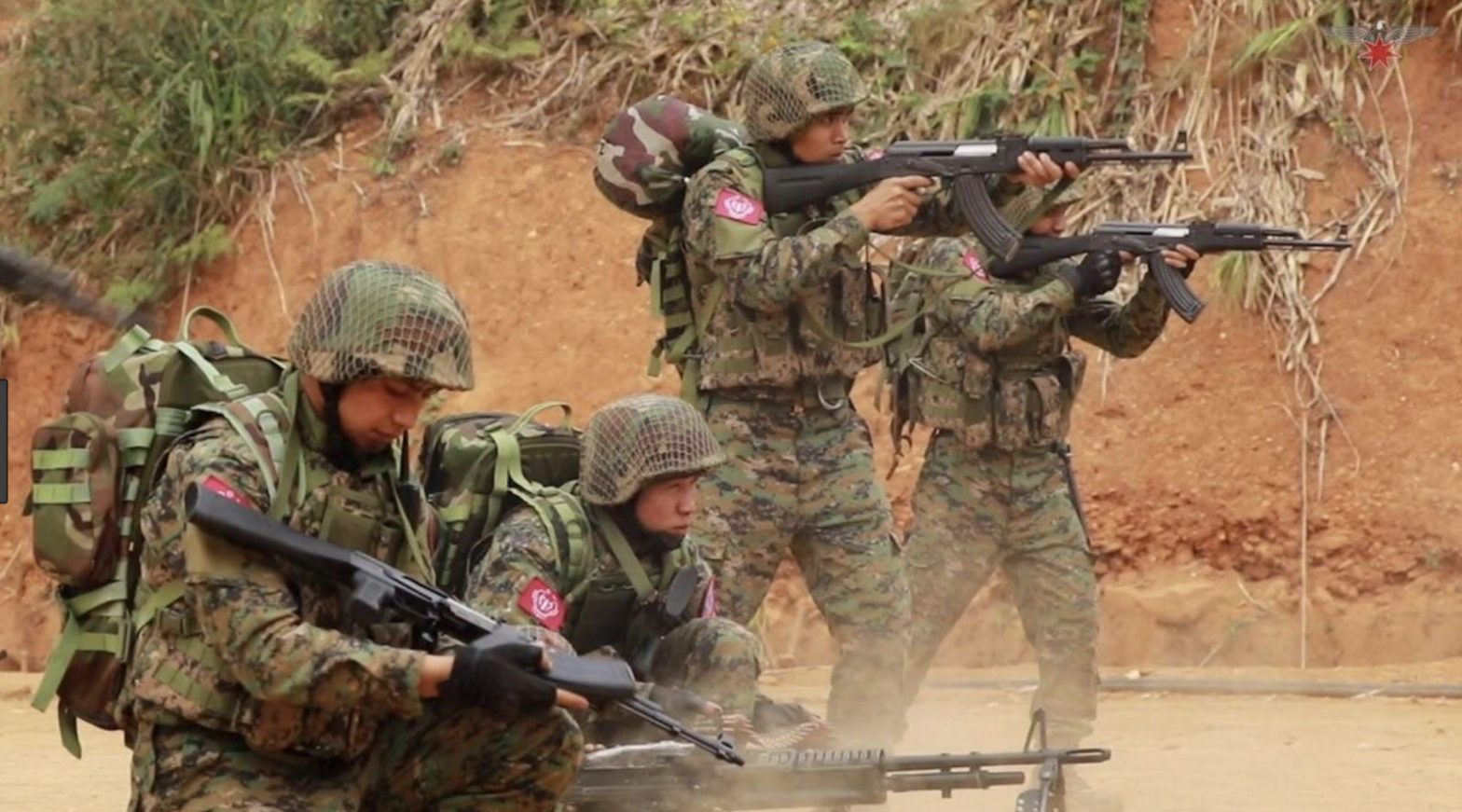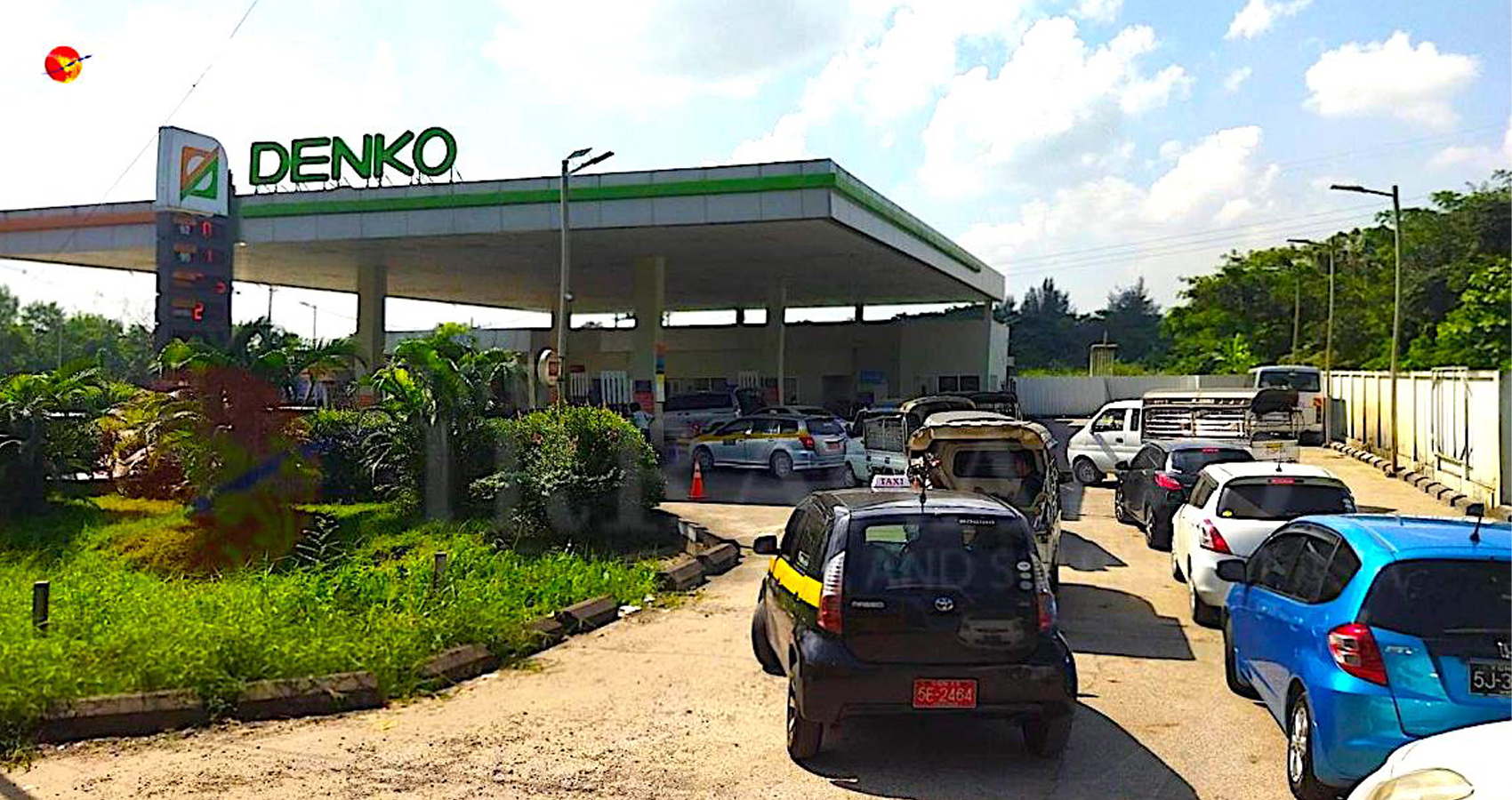An alliance of ethnic minority militia groups in Myanmar reaffirmed their resolve to defeating the country’s “dictatorship” on Wednesday, just days after the government military stated it held negotiations with the rebels through China.
Fighting has escalated in Myanmar over the last six weeks, with the Three Brotherhood Alliance executing coordinated attacks on Myanmar military locations near the country’s northern border with China.
The assault has inspired pro-democracy militias to launch similar attacks abroad, posing the junta with its most serious battlefield challenge since a coup in 2021.
“Significant progress made,” the Three Brotherhood Alliance said on X social media, without citing the talks.
“Our dedication remains strong with the entire Myanmar population.”
The military announced on Monday that it had met with the rebels and other conflict parties, and that another round of discussions was scheduled until the end of the month. Other information was not provided.
China’s foreign ministry said on Tuesday that it is pleased that parties to the Myanmar conflict are holding peace negotiations and that it is willing to provide additional assistance. On Wednesday, neither the insurgent factions nor the junta were available for comment.
The battle, which has primarily taken place in northern Shan state, has prompted worry in China, with an estimated 300,000 people affected since the rebel attack began on October 27, according to the United Nations, which claims that more than two million people have been displaced since the coup.
Myanmar energy crisis
Myanmar’s natural gas reserves, a vital source of money for the ruling State Administration Council (SAC), are expected to shrink dramatically in the coming years, posing a huge danger to the generals who are already trying to subdue resistance to their rule.
According to the World Bank, monthly electricity imports from China to Myanmar have more than doubled this year, and the country’s post-coup military rulers are moving ahead with grid interconnection talks with Beijing and Vientiane.
Recent offensives made by rebel groups have exacerbated the SAC’s energy predicament.
Ethnic resistance organizations in northern Shan State, working in tandem with anti-coup coalitions throughout the country, drove the military out of broad areas and took control of border crossings and the routes that carried the majority of border trade with China.
According to various sources in Yangon, Senior General Min Aung Hlaing and his forces have responded by stockpiling diesel imports to support military operations, worsening existing electricity shortages and plunging the country into a deepening fuel crisis.
Some petrol stations in Myanmar’s Yangon are out of stock, while others have long lines until late at night, according to a merchant in the commercial hub.
“Since the coup, the cost of electricity has increased eight to tenfold.” We need generators, and the gasoline price has skyrocketed,” the merchant, who did not want to be identified for security reasons, told Al Jazeera.
“Neither the military nor the gas stations have any control over what is happening.” “The Myanmar regime appears to be oblivious to how such a scarcity will harm the economy,” he continued.
According to Guillaume de Langre, an energy expert and former government consultant in Myanmar, there is rising concern in the country over diminishing gas production and the military’s stockpiling of diesel imports.








